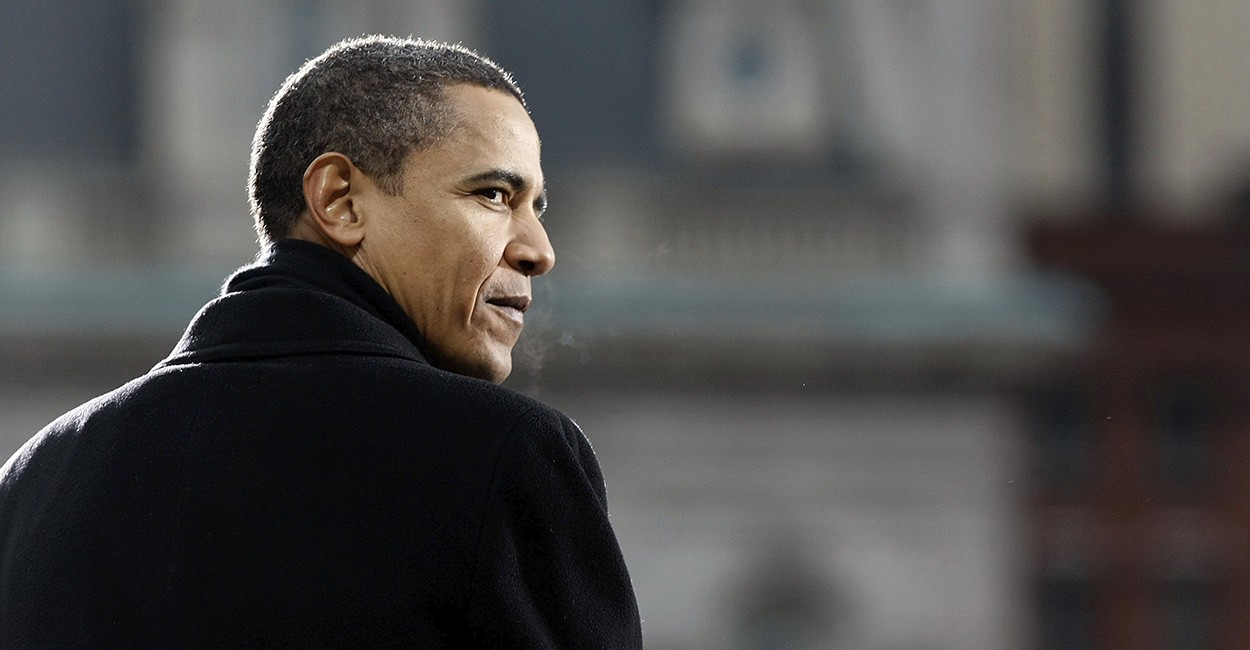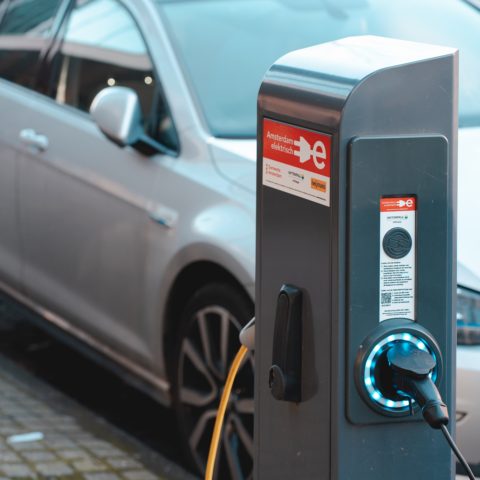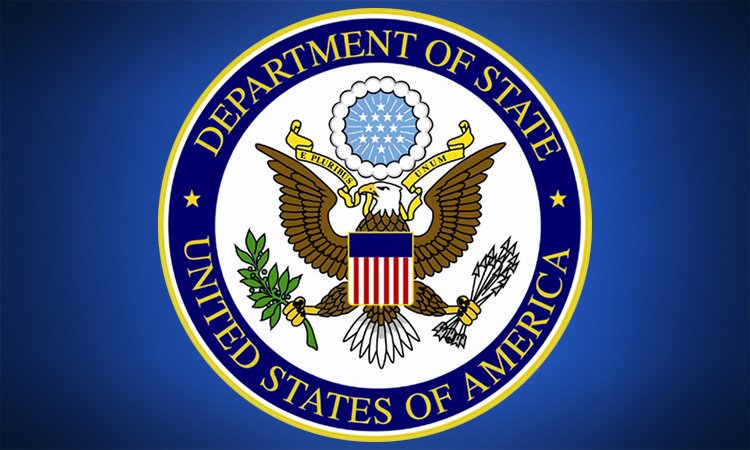This article originally appeared in the Fall 2016 edition of the Georgia Political Review.
Politicianshave long evoked fervent emotions, but few have done so as much as our current president. The year Barack Obama took office, he was awarded the Nobel Peace Prize. Concurrently, an entire movement was founded upon the principal that he is not an American citizen. Such a polarizing figure may be the natural product of the world he has inhabited. His presidency commenced with an economic collapse, witnessed the legalization of gay marriage, oversaw the end of a war, and suffered one of the longest bouts of partisan stagnation in recent history. As the Obama years come to a close, it’s worth a look back on the man who has so singularly defined American politics for the past eight years.
Obama’s 2008 election campaign was profoundly historical. At the start of primary season, most Democrats were certain that Hillary Clinton would be the eventual nominee, but little-known Illinois Senator Barack Obama captured their hearts. He seized the nomination and ultimately the presidency. The “Obama coalition,” made up of black and Latino voters, women, and the college-educated, looked like a new America, one previously unseen in the political sphere. For the first time in history, many voters were casting their ballots for a president who did not merely claim to represent them, but looked like them. In his November acceptance speech, Obama spoke of unity, of reform, and of hope: “So let us summon a new spirit of patriotism, of responsibility, where each of us resolves to pitch in and work harder and look after not only ourselves but each other.”
When Obama took office, the world was in the midst of the largest financial crisis since the 1930’s. The “Great Recession” would define much of Obama’s first term. His first major piece of legislation was the $800 billion American Recovery and Reinvestment Act (ARRA), a concoction of tax breaks, infrastructure projects, and welfare expenditures designed to re-spark the economy. The bill was hotly contested: only three Republicans voted for the act. But Obama and Democrats in Congress did not let up. The Dodd-Frank Wall Street Reform Act, the repeal of Don’t Ask Don’t Tell, the Lilly Ledbetter Fair Pay Act, and a second bailout of the U.S. automotive industry were all signed into law by the end of Obama’s second year. These further intensified already broadening partisan divisions. But none of Obama’s legislative initiatives would prove to be so profound or divisive as the Affordable Care Act.
On March 23, 2010, the act now widely known as “Obamacare” became law. Barely surviving Congress without a single Republican vote, the Affordable Care Act had the audacious goals of both expanding health insurance coverage and reducing the cost of care. Whether the law has accomplished the latter remains a heated debate, but it has unquestionably succeeded at expanding coverage. The rate of Americans without coverage reached a record low of 11 percent in the first quarter of 2016 according to Gallup. Obama has said that his signing the law was the best day of his presidency: “I knew what it would mean for the families that I’d met who didn’t have health care.” But the nearly 2,000-page law and Democrats’ political maneuvering to get it passed infuriated Republicans and their constituents. In the 2010 Midterm elections, the Democrats lost the House in a landslide.
Obama’s years of legislative abundance have since given way to political stagnation. Since Republicans took control of Congress in 2010, Obama has spent most of his political capital negotiating deals to keep the government running, passing modest tax increases, and bypassing Congress altogether through executive actions. With a government shutdown in October of 2013 and the least productive congress on record, Obama’s second term has been frequently defined by partisan quarrels and brinksmanship. Efforts by both Obama and former House Speaker John Boehner to get legislation off the ground have usually failed. After winning reelection in 2012, the president proposed both comprehensive immigration reform to Congress. The proposal would die before the year’s end. In light of congressional inactivity, Obama signed executive orders in 2012 and 2014 deferring deportation for millions of undocumented immigrants. However, a court-ordered injunction, left in place by the Supreme Court’s 4-4 impasse in United States v. Texas, currently prevents the latter from being implemented.
Obama remains frustrated with the repeated failure of gun control legislation.
Obama claims that signing the ACA was his best day in office. His worst, he has said, was December 14, 2012, the day that twenty children and six teachers were killed at Sandy Hook Elementary School in Newtown, Connecticut. Hours after news of the shooting broke, the president held a press conference. Speaking to reporters, a tearful Obama did what few were expecting, and brought up gun control. “We’re going to have to come together and take meaningful action to prevent more tragedies like this, regardless of the politics,” he declared. Gun control had not previously been a major issue for Obama. It was not highlighted in either of his campaigns. But the president, who has addressed 16 mass shootings throughout his time in office, decided that the issue could no longer be ignored. In his 2013 state of the union address, he implored Congress: “The families of Newtown deserve a vote.”
That vote never came. The president now regards his inability to pass any gun control measures as one of his biggest disappointments, and contends that he underestimated the entrenched politics surrounding the issue.
Obama has had far more liberty to assert himself in global affairs, and there have been successes: he authorized the mission that took out Osama Bin Laden and held a leading role in the Paris Climate Accord. Furthermore, his efforts to contain ISIS have been piecemeal but effective.
He has also had significant failures. Obama has said that intervening in Libya was his biggest mistake. Many disagree, and assert that it was his inaction in Syria that history will remember as his gravest error; Obama’s “red line” that wasn’t is already infamous. With ISIS and other terrorist threats, his efforts to be the voice of reason have come across too often as unconcerned and dispassionate. He has been criticized from the right for leaving a power vacuum in Iraq, and from the left for his liberal use of drone warfare. Two of his core accomplishments remain in fragile condition: The Iran nuclear deal, which is loathed by many and will appear a failure should Iran continue its hostile behavior, and the Trans Pacific Partnership, which still must be ratified by Congress and is currently opposed by both presidential nominees.
Many have observed that the President Obama of 2016 seems more tempered, cautious, and qualifying than the young, earnestly hopeful senator from 2008. Perhaps, some wonder, years of partisan bickering and international crises have diminished his spirits. But in interviews he remains optimistic. This is a man who was propelled into the presidency at an uncommonly young age by a movement built largely upon reforming Washington and transcending partisanship. The political climate has often set those goals out of reach. He has not, as many hoped, transformed America’s political culture. But he has learned how to operate within it. He has learned to navigate. And he has done so in the face of countless challenges, no small number of which are due to the color of his skin. Our current president’s ultimate legacy will only fully come into view once the dust has settled. He remains, however, a highly accomplished man; one who has broken down barriers and achieved with healthcare reform what many politicians have long thought impossible. Both as a president and as a man, he continues to remind us that hope and change are indeed possible. Thanks, Obama.


